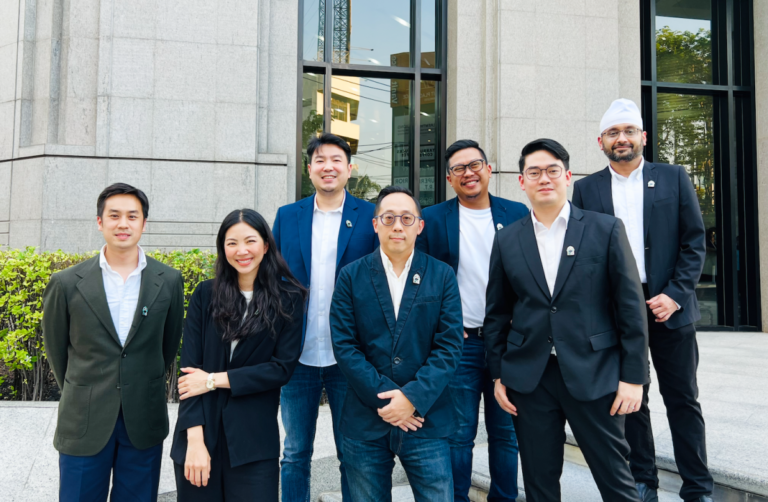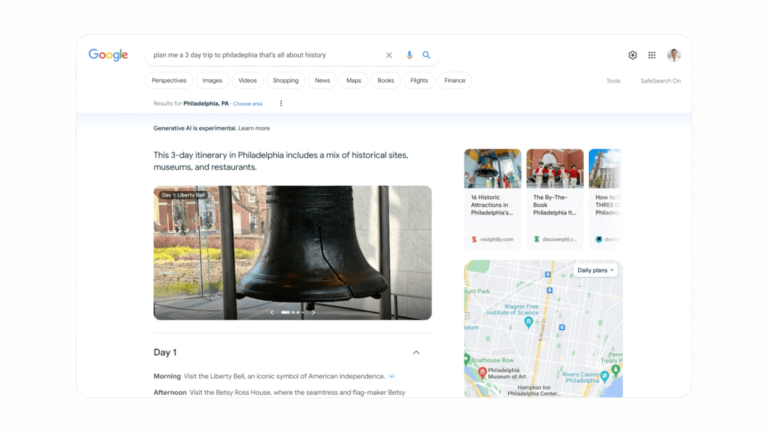
Sprinto, a security compliance and risk platform, has raised a $20 million Series B round to build more automation into its compliance management platform and widen its customer base to include the wide gamut of companies that operate digitally but aren’t tech-first.
Sprinto is working to automate this aspect of security compliance management, which involves vendor risk management, vulnerability assessment, access control, evidence collection and other filing tasks.
Sprinto uses a mix of AI, GPTs and its own internal large language model to offer efficiencies in compliance management.
The market for automated compliance management solutions already has players such as Vanta and Drata, which Sprinto considers its key competitors.
However, Redekar said Sprinto primarily focuses on automating the entire compliance management process and helping businesses build trust.

Spotify already found success with its popular AI DJ feature, and now the streaming music service is bringing AI to playlist creation.
The company on Monday introduced AI playlists into beta, a new option that allows users to generate a playlist based on written prompts.
In terms of the technology, Spotify says it’s using large language models (LLMs) to understand the user’s intent.
A pop-up menu appears showing the AI Playlist as a new option alongside the existing “Playlist” and “Blend” options.
Ahead of AI playlists, Spotify launched a similar feature, Niche Mixes, that allowed users to create personalized playlists using prompts, but the product did not leverage AI technology and was more limited in terms of its language understanding.

Tesla is reportedly abandoning its plan to build a lower-cost EV thought to cost around $25,000, according to Reuters, despite that vehicle’s status as a pivotal product for the company’s overall growth.
The company will instead focus its efforts on a planned robotaxi that is being built on the same small EV platform that was also supposed to power the lower-cost vehicle.
Tesla CEO Elon Musk claimed, without proof, that Reuters is “lying” in a post on his social media platform, X, and did not dispute any specific details.
He also responded with an eyes emoji to another post that effectively summed up the Reuters report in different words.
Tesla was reportedly targeting a price of around $25,000 for the next-generation EV.

Such is the case with Anthropic and its latest research which demonstrates an interesting vulnerability in current LLM technology.
Of course given progress in open-source AI technology, you can spin up your own LLM locally and just ask it whatever you want, but for more consumer-grade stuff this is an issue worth pondering.
But the closer we get to more generalized AI intelligence, the more it should resemble a thinking entity, and not a computer that we can program, right?
If so, we might have a harder time nailing down edge cases to the point when that work becomes unfeasible?
Anyway, let’s talk about what Anthropic recently shared.

Thailand’s HD is building chatbots aimed at one such industry: healthcare.
The company started as a marketplace for third-party healthcare and surgery services, and sees a strong case for developing conversational AI for the healthcare customer journey.
Even though each product has a description on HD’s marketplace HD Mall, Ho says people still prefer to ask first.
M Venture Partners, FEBE Ventures, Partech Partners, Ratio Ventures, Orvel Ventures, and TA Ventures also participated in the round.
AI for Southeast AsiaHo says HD is working on building the “Sierra AI of the Southeast Asian healthcare industry.”Over five years, Ho and his team saw that the faster HD’s representatives responded to inquiries, the higher the conversion rate.

The vulnerability is a new one, resulting from the increased “context window” of the latest generation of LLMs.
But in an unexpected extension of this “in-context learning,” as it’s called, the models also get “better” at replying to inappropriate questions.
So if you ask it to build a bomb right away, it will refuse.
But if you ask it to answer 99 other questions of lesser harmfulness and then ask it to build a bomb… it’s a lot more likely to comply.
If the user wants trivia, it seems to gradually activate more latent trivia power as you ask dozens of questions.

We’ll publish several pieces throughout the year as the AI boom continues, highlighting key work that often goes unrecognized.
Kristine Gloria leads the Aspen Institute’s Emergent and Intelligent Technologies Initiative — the Aspen Institute being the Washington, D.C.-headquartered think tank focused on values-based leadership and policy expertise.
What are some issues AI users should be aware of?
What is the best way to responsibly build AI?
How can investors better push for responsible AIOne specific task, which I admire Mozilla Ventures for requiring in its diligence, is an AI model card.

First up, Google is rolling out an update to its Search Generative Experience (SGE) that will allow users to build travel itineraries and trip ideas using AI, the company announced on Wednesday.
For now, the itineraries are just that: no options to buy and services or experiences on the spot.
But it points to how the company is experimenting with how and where it can apply its AI engine.
A lot of players in the travel industry may be eyeing up the role that generative AI will play in travel services in the coming years — some excitedly, some warily.
Google also announced that it’s making it easier to discover lists of recommendations in Google Maps in select cities in the U.S. and Canada.

0G Labs, a web3 infrastructure firm,” has raised $35 million in a pre-seed round, the team exclusively told TechCrunch.
“In order to build the basic technology, we wanted to raise $5 million, originally,” said 0G co-founder Michael Heinrich.
0G, sometimes called ZeroGravity, is creating a modular AI blockchain that aims to alleviate the pain points of on-chain AI applications in the web3 ecosystem, like speed and cost efficiency.
On-chain AI and gaming requires a fast data pipeline.
It also plans to enable new use cases and things that were not possible before like on-chain AI, on-chain gaming and high-frequency decentralized finance (DeFi).

TigerEye CEO Tracy Young and her husband and CTO Ralph Gootee helped build their previous startup, PlanGrid, into a $100 million ARR business before selling it to Autodesk for $850 million in 2018.
Yet in spite of that success, they always felt they left business on the table because of an inability to forecast business changes accurately.
“TigerEye is a business simulation engine that helps companies predict their future,” Young told TechCrunch.
The couple was advising other startups at Y Combinator in 2021 when they decided it was time to build TigerEye.
The following year, they brought a bunch of the core members of the PlanGrid team back together and started working on the problem.













